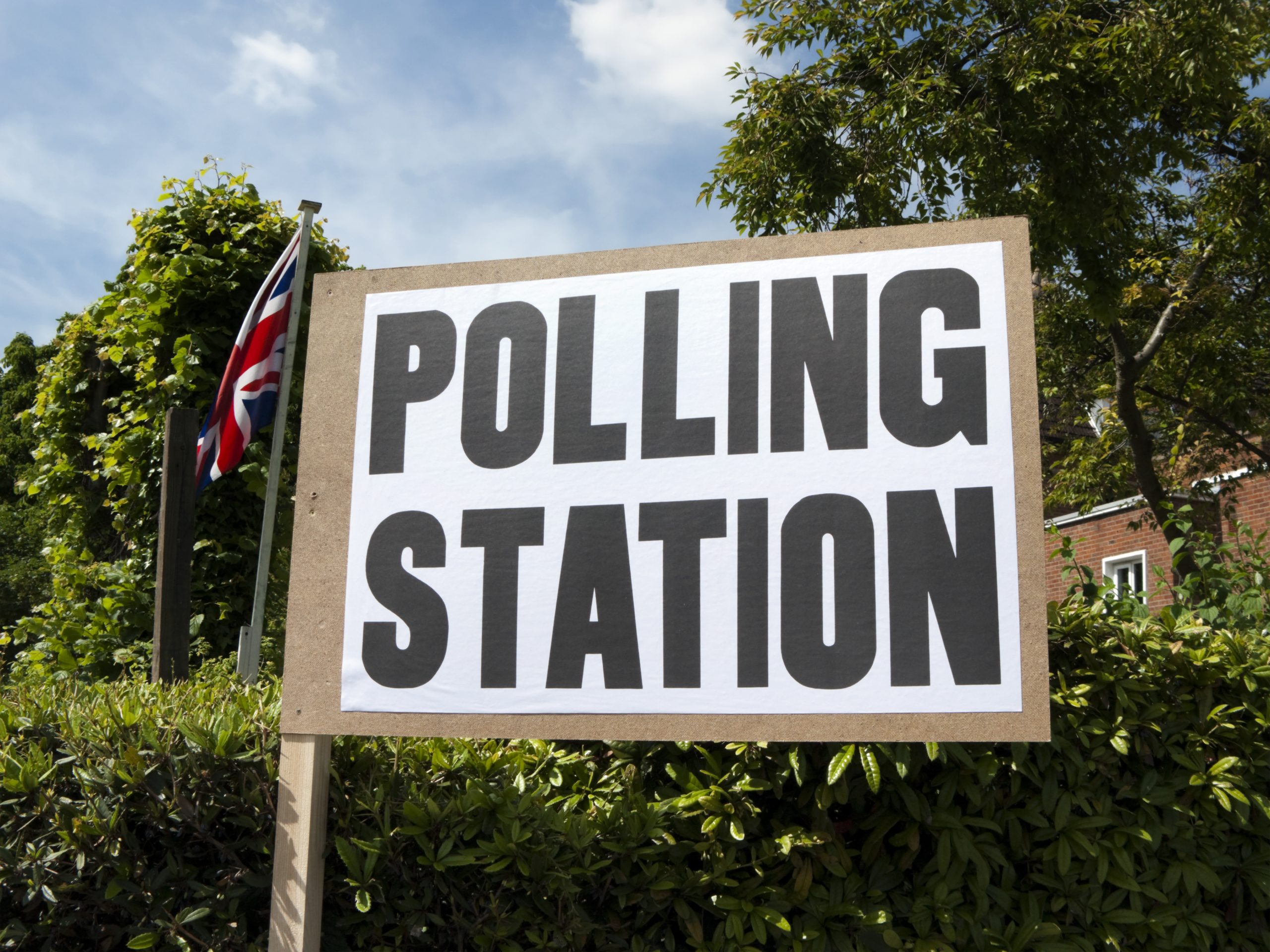FTI Consulting Public Affairs Snapshot: Prêt à Voter? A primer for the French presidential elections
The 2022 electoral calendar promises to deliver box office entertainment for those with an interest in international affairs. While the UK will not undergo national elections until 2023 at the earliest, there are plenty of votes including the UK local and Northern Ireland Assembly elections, the US midterms and Brazilian presidential election that are worth watching. However, the most consequential election that will have direct ramifications for the UK at home and abroad will take place across the English Channel.
The fundamentals
The French go to the polls in the presidential vote in April, before the country decides on a new parliament in June.
The public will go to the polls and place their first votes on April 10th. If no candidate wins 50% of the vote, which the polls suggest is very unlikely, the election continues into a second-round run-off to be held on April 24th. In the second round, the top two candidates from the first round compete and the candidate with a majority wins.
The candidates
In a crowded field of candidates, French President Emmanuel Macron – who is yet to officially announce his candidacy – will once again attempt to fend off the growing French far-right, with a rising conservative candidate in the form of Valérie Pécresse also threatening to split the mainstream vote.
Macron, who leads La République En Marche, is widely considered the favourite to win re-election. The incumbent president is expected to highlight new foreign investment in France and a flourishing economy and job numbers as proof his economic reforms have worked. In recent weeks, he has intensified his rhetoric against those who refuse to be vaccinated as part of his strategy to cement his appeal with the moderate centre ground of French politics, a space he comprehensively owns.
Pécresse, the candidate for the centre right Républicains, shocked commentators in December by emerging victorious from the party’s internal primary knocking out favourites such as former EU Brexit negotiator Michel Barnier along the way. While she personally describes herself as “one-third Thatcher and two-thirds Merkel”, her nickname acquired from over two decades of frontline politics, including her experience in running the Paris region with its 12 million inhabitants, is ‘bulldozer’. After winning the party’s nomination, Pécresse announced that France’s traditional conservatives were back and vowed to restore France’s ‘unity, dignity and pride’. She will campaign under the banner of a ‘can-do’ mentality when it comes to security and immigration – issues she accuses Macron of failing to deal with.
The far right offering, previously monopolised by Marine Le Pen, has been shaken by the arrival of the firebrand former television pundit Eric Zemmour, who despite three convictions for inciting racial hatred is positioning himself as the new face of the French far right. While Le Pen has endeavoured to detoxify the Rassemblement national brand she inherited from her father Jean-Marie Le Pen by marginally softening her rhetoric and taking comparatively moderate positions, Zemmour has taken the opposite approach and dialled up xenophobic and divisive language to rally his base.
From the left of French politics, a primary is being mooted in order to select a candidate that stands a chance of victory. At present, the leftist forces – be they the Socialists, the far left or Greens – are painfully divided in the polls and risk not even being a serious part of the conversation.
Over 250,000 voters are reported to have registered to take part in the primary, but the process faces multiple obstacles. The most high profile of the seven candidates on the ballot – the Socialist Mayor of Paris Anne Hidalgo, the far-left leader Jean-Luc Mélenchon and the Green candidate Yannick Jadot – have not signed up themselves but have been added to it against their will. They say they will not respect its result and will contest the national vote in April regardless of the outcome.
One person standing out of choice is Christiane Taubira, a former justice minister under François Hollande. Taubira has said she will run for the presidential election if she wins the primary, for which she is the favourite. Taubira was born in the South American territory of French Guiana where she served as an MP. She is admired on the left after fighting for a law recognising the slave trade as a crime against humanity, and for guiding same sex marriage onto the statute books in 2013 as justice minister.
Electoral dynamics
Polls predict Macron will easily make it past the first round of voting. Who he will face in the second round is the million dollar question. With the intended vote for socialist, green and far-left candidates at present dividing the leftist bloc, the contest to face Macron in the second round is likely to be decided by the performance of the two far-right candidates. Le Pen had long been pegged to be his principal rival once again in a repeat of the 2017 election, but her popularity has been gravely threatened by the dizzying rise of Zemmour, as well as the unexpected emergence of Pécresse, who has surged in recent polling, with some now even placing her ahead of Le Pen. If Zemmour can maintain momentum over the coming months, he will likely split the far-right vote and send Pécresse through to the second round at the expense of his adversary Le Pen.
Whether Macron takes on Le Pen or Pécresse, he is still currently expected to win, but with a much narrower margin of victory than in his first election. According to recent polling reported by Politico Macron will take 57% to 43% of the vote if against Le Pen, and 53% to 47% against Pécresse, compared to the 32% margin of victory he secured in 2017.
Even if Macron does win a second term, the parliamentary vote in June will be critical to implementing the economic and social changes he is seeking to enact as France rebuilds from the pandemic. However, the defeats suffered by his party in local elections since he took office do not make for pretty reading. A presidential victory for Macron followed by mediocre parliamentary results is at present the most likely outcome.
What this means for the UK
No other country in Europe shares as long or as complicated a history with the UK as France. From bitter enemies for a large proportion of the time between the Hundred Years Wars and the defeat of Napoleon to allies during the two World Wars, the fluctuating relationship between two of Europe’s most influential and powerful nations looks set to continue.
2021 was a particularly rocky year for the Anglo-French relationship with the fallout from the AUKUS defence deal further poisoning bilateral relations after multiple spats concerning fishing rights, the Northern Ireland protocol and migration. This deterioration in national relations is compounded by a worsening bond between Macron and Boris Johnson. What started as a positive relationship between the two leaders has descended into one of distrust and strain as cross-Channel taunts have become the norm. Late last year, Johnson mocked Macron in franglais over France’s anger about AUKUS, suggesting he “prenez un grip” and “donnez-moi un break”.
As Macron enters campaigning mode, expect the UK to remain an easy target for his political ire, especially in relation to Brexit. This approach is likely to be mirrored by Conservative politicians as they seek a scapegoat for Brexit teething pains although Lord Frost’s resignation as principal EU negotiator and subsequent replacement by Foreign Secretary Liz Truss may alleviate some of the residual tension. France has rotating presidency of the EU for the first six months of 2022 and Macron’s hawkish view of Brexit will likely complicate resolution of outstanding issues.
A Macron victory and a continued Johnson government (by no means certain at the time of writing) will see an extension of this atmosphere of suspicion but may improve when Macron has the security of a second term under his belt and if outstanding Brexit issues are resolved amicably. Beyond the political point scoring, there is a common interest in London and Paris in ensuring the bilateral relationship is strong and durable, especially when it concerns matters of defence and security.
While certain British commentators and politicians have openly expressed a desire to see Macron lose in April, they may want to be careful what they wish for. There is no guarantee of a thawing of Anglo-French relations if Pécresse wins an unexpected victory and becomes the first female French premier. Not only does she hail from a family of Gaullist intellectuals but there is no obvious political advantage to be obtained from a radical rapprochement with the UK. Whatever the outcome of the elections in April, expect a long and bumpy road back to cordial relations for the two European heavyweights.
| The views expressed in this article are those of the author(s) and not necessarily the views of FTI Consulting, its management, its subsidiaries, its affiliates, or its other professionals.
©2022 FTI Consulting, Inc. All rights reserved. www.fticonsulting.com |






